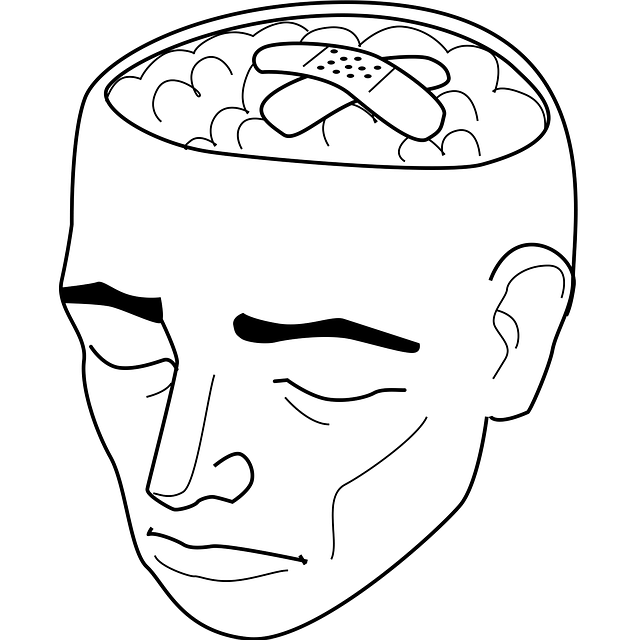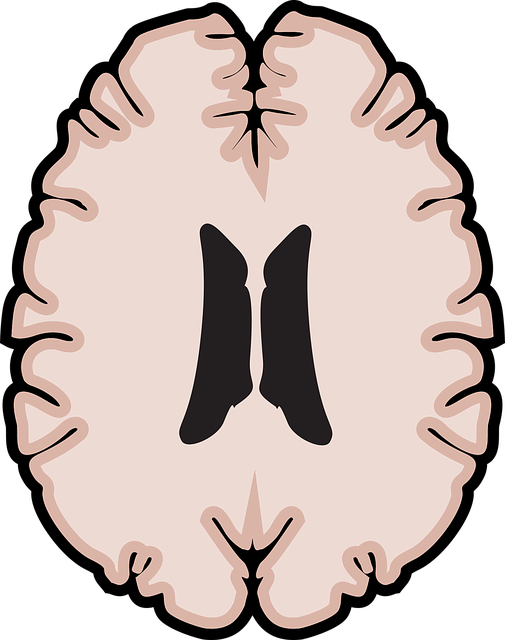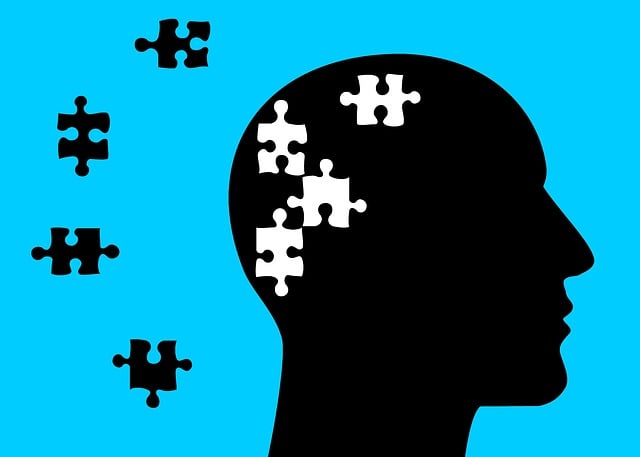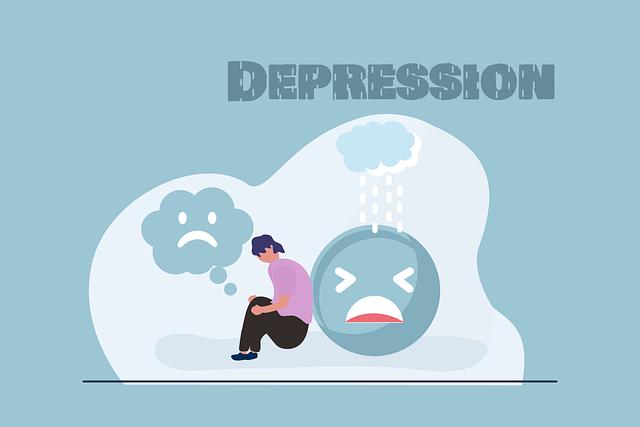In today's digital age, mental wellness apps are gaining popularity as accessible tools for supporting emotional well-being. A Broomfield Dialectical Behavioral Therapy (DBT) app is emerging as a powerful resource, offering personalized guidance to manage stress, anxiety, and depression. By incorporating evidence-based DBT techniques, such as journaling exercises aligned with mindfulness, distress tolerance, and emotion regulation modules, these apps enhance self-care practices. Key features include risk management planning tools for professionals, ensuring safe emotional expression. Through market research, intuitive design, and regular updates based on user feedback, a Broomfield DBT app can effectively cater to diverse users' mental health needs, positively impacting their journeys.
Mental wellness apps are gaining prominence as essential tools for promoting psychological well-being. This article explores the growing demand for digital mental health solutions, focusing specifically on the development of a Broomfield Dialectical Behavioral Therapy (DBT) app. We delve into key features, design considerations, and an effective launch strategy. By understanding the need for DBT apps, we can foster accessible and impactful mental wellness tools.
- Understanding the Need for Mental Wellness Apps
- Key Features and Components of a Broomfield Dialectical Behavioral Therapy (DBT) App
- Development Process and Considerations for Effective DBT App Launch
Understanding the Need for Mental Wellness Apps

In today’s fast-paced world, mental wellness has emerged as a paramount concern, with an increasing awareness of the impact of stress, anxiety, and depression on our overall well-being. This shift in perception has paved the way for innovative solutions like mental wellness apps, which offer accessible and personalized support to individuals seeking solace and guidance. One notable therapeutic approach gaining traction is Broomfield Dialectical Behavioral Therapy (DBT), known for its effectiveness in treating complex emotional disorders.
These apps cater to a diverse range of users, from those struggling with everyday stress to individuals coping with more severe conditions such as depression prevention. By incorporating evidence-based practices like compassion cultivation and emotional regulation techniques, mental wellness apps provide a digital sanctuary for self-care. They offer tools and resources that help users navigate their emotions, fostering a sense of calm and resilience, ultimately enhancing their overall mental health and quality of life.
Key Features and Components of a Broomfield Dialectical Behavioral Therapy (DBT) App

A Broomfield Dialectical Behavioral Therapy (DBT) app should incorporate key features designed to support individuals in cultivating emotional intelligence and coping skills. Core components include Mental Wellness Journaling Exercises that encourage users to track their emotions, thoughts, and behaviors, fostering self-awareness and reflection. These exercises can be tailored to address specific DBT modules like mindfulness, distress tolerance, interpersonal effectiveness, and emotion regulation.
Additionally, the app should offer Risk Management Planning Tools for mental health professionals, enabling them to proactively identify and mitigate risks associated with intense emotions or challenging situations. This feature facilitates personalized strategies for users, promoting safe and healthy emotional expression. By integrating these elements, a Broomfield DBT app can provide comprehensive guidance, enhancing individuals’ ability to navigate their mental wellness journeys effectively.
Development Process and Considerations for Effective DBT App Launch

The development process for a Broomfield Dialectical Behavioral Therapy (DBT) app requires careful navigation through several key steps to ensure its effectiveness. Initially, thorough market research and user needs analysis are paramount. Understanding the specific challenges individuals face in managing their mental health is crucial, especially when integrating cultural sensitivity in mental healthcare practice. This step involves gathering feedback from potential users and mental health professionals alike to tailor features that resonate with diverse user groups.
Upon defining the app’s scope, designers must focus on creating an intuitive interface that promotes engagement while providing robust Crisis Intervention Guidance. Incorporating evidence-based DBT techniques, such as mindfulness exercises and skill-building modules, is essential for delivering a valuable mental health tool. Regular testing and iterative improvements based on user feedback are vital to ensure the app aligns with current Mental Health Awareness trends, ultimately fostering a positive impact in users’ lives.
The development of mental wellness apps, particularly those grounded in evidence-based therapies like Broomfield Dialectical Behavioral Therapy (DBT), is a promising step towards improving access to care. By incorporating key features such as mindfulness exercises, emotion regulation strategies, and skill-building modules, these apps can provide individuals with the tools they need to manage stress, anxiety, and emotional challenges. Through careful consideration of user experience, privacy, and ethical guidelines, developers can create effective and reliable resources that enhance mental wellness globally.














